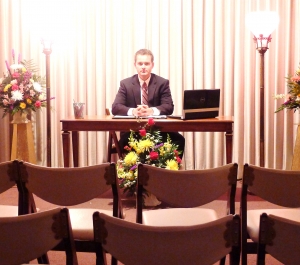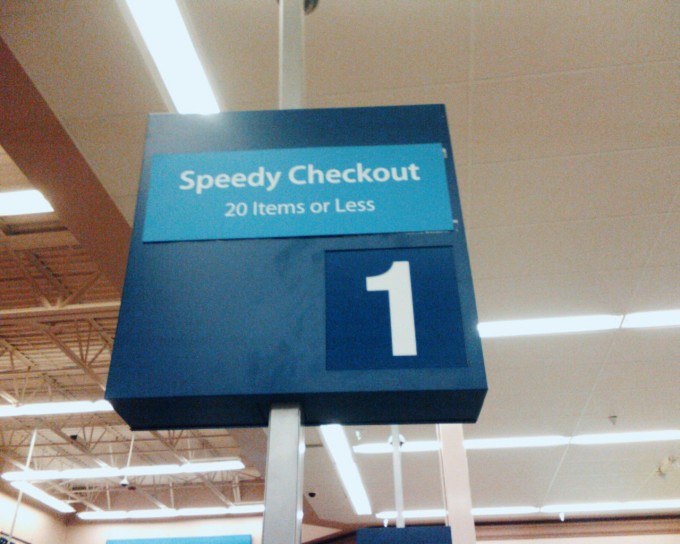 I met Caleb Wilde for the first time at a Starbucks a few weeks ago, where I inadvertently motioned for him to pay the bill for both of us (beware any who would take me to coffee or lunch – this is a recurring theme in my life). He’s a fascinating guy with a job that many people wouldn’t care to have, but, as you’ll see in this post, he carries himself with grace and humility.
I met Caleb Wilde for the first time at a Starbucks a few weeks ago, where I inadvertently motioned for him to pay the bill for both of us (beware any who would take me to coffee or lunch – this is a recurring theme in my life). He’s a fascinating guy with a job that many people wouldn’t care to have, but, as you’ll see in this post, he carries himself with grace and humility.
I walk into a room at 6 a.m. and all eyes fix on me and my next move. I am, after all, the odd one out in the room, the one whose face isn’t stained with tears; the one wearing dress clothes, who’s there in body, but whose soul isn’t in the depths.
I’m the colonialist, walking into another culture, ready to impose society’s desire for a clean picture of death.
Those who are sitting around the bed of the deceased aren’t thinking about what you and I are thinking about at 6 in the morning. They aren’t wondering how they will get their kids dressed in time for school; or how they’re going to pitch their project to coworkers at work.
Everything is on hold.
Time has slowed at a pedestrian pace and they sit in grief … resisting the reality that what was their husband, their wife, their son, daughter, grandfather, friend is no longer present to hug, laugh and live with.
Death creates its own culture … its own world.
A world where time seems to altogether stop, where language is often spoken with less words and more tears, hugs and contemplation, where the regular dress code doesn’t exist and where the norms and mores of society are put on hold. Here, in this sacred space at 6 a.m. in the morning, God seems nearer; family and friends surround you; you can let your emotional inhibitions go. This is the world that was never meant to be and yet is everything you wish it could be. It seems we have to go back through death to get to Eden.
With tie draped down my dress shirt, if I can’t imagine a world unlike mine … if I can’t picture a context outside of me … if I can’t remove myself from the all too obvious facts that it’s 6 a.m., I’m tired, didn’t get my Dunkin Donuts medium coffee with cream and sugar, and that I’ll be even more tired tonight when I’m supposed to go to Chili’s with my wife; if I can’t imagine the family’s story; the story of the deceased and his life and the loss this represents, I can’t be a good funeral director.
Funeral directing is a lot like writing. It involves alterity, imagination and the ability to make a lot of the detail and little of the obvious. I write the story as I walk into the sacred space of grief.
I notice the one closest to the decease’s body. “That’s probably the NOK”, I think to myself. Granted, the story is easier to imagine if I already know the family, but this morning I don’t. The closest one to the bed is oft the main character in this play; and I can write a story of comfort, by entering the narrative with a warm hug, maybe even a kiss, a kind smile and eyes that speak of the compassion my heart is feeling; or, I could write a story as a narrator, standing back, observing and not entering. What does this specific family need?
I wait as the drama unfolds, as my very presence evokes the supporting characters who will inevitably point me to the protagonist.
Asking questions; feeling out the room. I enter in and I – at this very moment – have the privilege and responsibility of helping to write this chapter.
Now head on over to Caleb’s blog and check out his most-read post of all time, “Why 99.9% of Pastors Agree With Rob Bell.”


